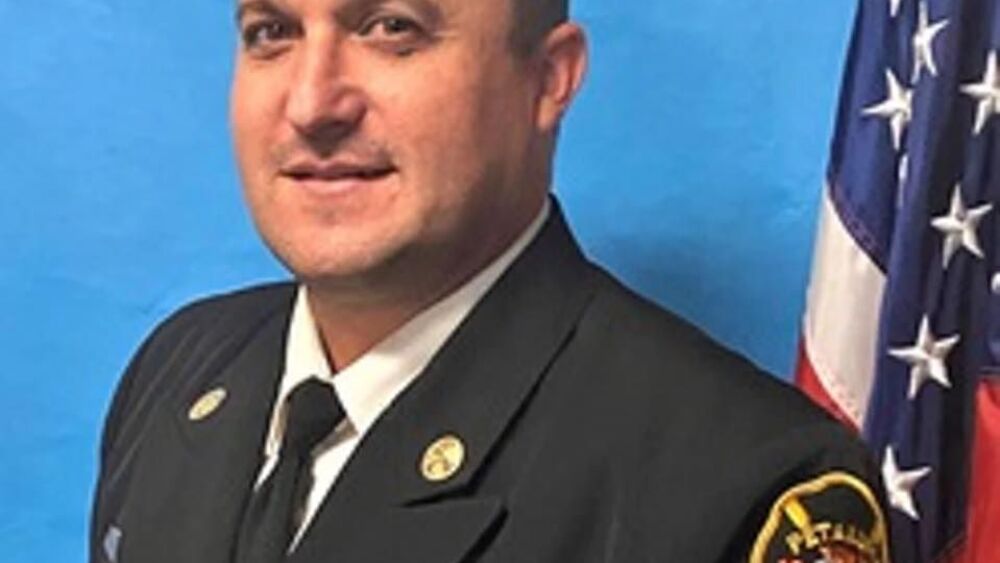Dirty gear: No longer a badge of honor
Where a dirty helmet was once a badge of honor, a source of pride for firefighters looking to prove their mettle, this symbol is now seen by many as a sign of weakness, even ignorance. With all that we know about the risks of fireground toxins, firefighters who continue to glamorize dirty gear have positioned themselves as the modern-day Marlboro Man – a face that once symbolized rugged cool, now a relic of a fading culture.
The problem extends to unsafe fireground behavior, too, but many members find themselves unsure how to embody the essence of a valiant public servant amid a growing focus on safety.
In this special coverage series, we redefine fire service pride, identify the factors that drive firefighters to choose unsafe actions, and consider how culture and behavior are two very different ways to approach the issue.
- A case study in ditching ‘Dirty Helmet Syndrome’ – and where we can still improve
- Fireground toxins don’t care if you’re paid or volunteer
- Scorched helmets and dirty gear: It’s time to end this type of firefighter bravado
- Chad Costa considers why some firefighters are still afflicted with ‘Dirty Helmet Syndrome’
- Marketing the message: How FDNY spreads the word about firefighter health and safety












